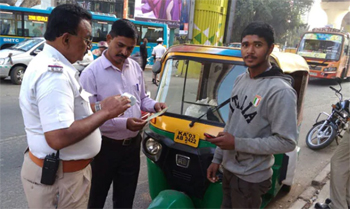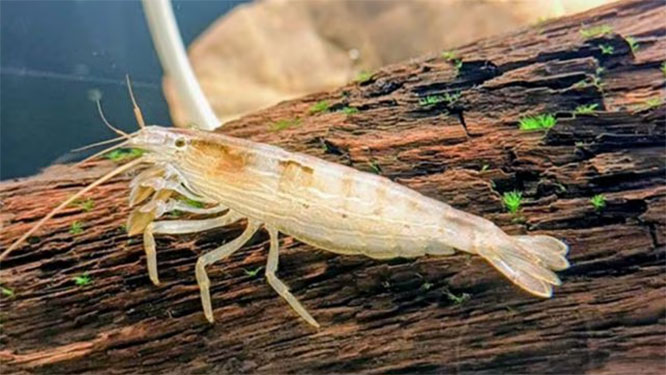Bengaluru, Jan 10: With most BMTC buses staying off roads on Wednesday, many Bengalureans had no choice but to take autorickshaws or hop on to app-based cabs. Several commuters were stranded for hours at terminuses and bus stops after the staterun transport corporation withdrew its services.

Commuters crowded the few buses which ran, with many standing on footboards. Some passengers were also seen arguing with BMTC staff at Majestic over the delay in resuming services.
“I waited for more than an hour to get a bus to Koramangala,” said Parash Prathan, a regular bus commuter. “A few buses had plied on Tuesday so I thought the strike wouldn't have much of an impact on Wednesday.”
Daily wage employees were the worst hit. S Subramanian, who works in a catering firm said, “I could not make it to my workplace in Begur and I will lose a day’s pay.”
Taher A, who landed in the city from Chennai on work, said: “I was unaware of the strike since there was absolutely no effect in Chennai. I had to depend on app-based taxis and spent far more than I had budgeted.”
Many commuters said auto drivers demanded excess fare and app-based aggregators imposed surge pricing due to the strike. “Auto drivers were demanding a minimum fare of Rs 100 instead of Rs 25,” said Sandeep S, a commuter at Majestic. However, many autorickshaw drivers said they were taking a risk ferrying passengers.
Bengaluru traffic police said they booked more than 1,300 cases against errant auto drivers on Wednesday. Numbers released by the police show 699 cases were booked for refusal to ply and 667 for demanding excess fare.
Several stretches witnessed heavy traffic congestion as many commuters used private vehicles and cabs to reach their places of work. While BMRCL saw a rise in ridership, many users had to depend on cabs and autorickshaw for first and last mile connectivity.
46 BMTC buses stoned, 3 drivers injured
Forty-six BMTC (Bangalore Metropolitan Transport Corporation) buses and 17 KSRTC (Karnataka State Road Transport Corporation) buses were damaged in incidents of stone pelting on Wednesday, the second day of the two-day nationwide strike called by trade unions.
A dozen BMTC buses were damaged on Tuesday and 46 on Wednesday, taking it to 58 in all. Officials said damages were reported from Chikkajala, Ulsoor, Malleswaram, Sadanahalli, Chandra Layout, Kengeri and RT Nagar.
“We never thought so many buses would be targeted,” said a senior BMTC official. “We are still assessing damages. It could be much higher than estimated. We have registered complaints with the respective police stations. Most incidents were reported outside depots and miscreants were riding two-wheelers.”
BMTC officials estimated the loss at Rs 7.5 lakh due to damages and Rs 3 crore due to cancellation of services on Wednesday alone. On Tuesday, BMTC had incurred a loss of about Rs 60,000 due to the damages. These losses are expected to deepen the financial crisis of the cash-strapped corporation, already reeling under a crisis due to high diesel prices.
KSRTC officials said 17 buses, including seven Volvo buses and eight Karnataka Sarige buses were damaged due to stone pelting in areas like Wilson Garden, Nelamangala, Mysuru Road, Adugodi and Madanayakanahalli. One KSRTC bus was damaged by protesters in Thrissur, Kerala.
“We incurred a revenue loss of Rs 2.4 crore on Wednesday due to cancellation of services,” said a KSRTC official. It also incurred loss of Rs 2.3 due to damages.
Vijaya Bhaskar, general secretary of the KSRTC Staff and Workers' Federation, said the strike was total. “A majority of staff participated,” Bhaskar said. “We are not behind incidents of stone-pelting. We had advised members not to resort to violence. Our protest was peaceful.”
Drivers treated in eye hospital
Three BMTC drivers sustained injuries when miscreants pelted stones near Chikkajala and Sadahalli Gate. Ajit Hulmani, Chandrashekar and Prakash were were shifted to a private eye hospital and were treated as out patients. “The stones damaged the windshields and glass pieces entered the eyes of the drivers,” police said. “Doctors removed the pieces and the drivers are fine.”






Comments
Add new comment